Kosmischer Läufer - The Secret Cosmic Music of the East German Olympic Program 1972-83: Volume Three (2015)
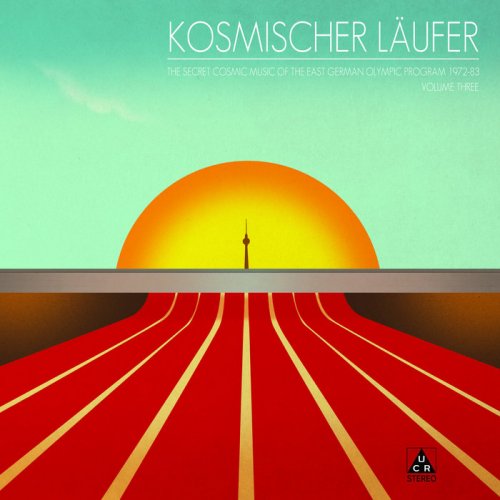
Artist: Kosmischer Läufer
Title: The Secret Cosmic Music of the East German Olympic Program 1972-83: Volume Three
Year Of Release: 2015
Label: Unknown Capability Recordings
Genre: Electronic, Ambient, Krautrock
Quality: FLAC (tracks)
Total Time: 45:30 min
Total Size: 224 MB
WebSite: Album Preview
Tracklist:Title: The Secret Cosmic Music of the East German Olympic Program 1972-83: Volume Three
Year Of Release: 2015
Label: Unknown Capability Recordings
Genre: Electronic, Ambient, Krautrock
Quality: FLAC (tracks)
Total Time: 45:30 min
Total Size: 224 MB
WebSite: Album Preview
01. Zeit zum Laufen 164 02:54
02. Jenseits des Horizonts 10:13
03. Für Seelenbinder 04:14
04. Traum von der goldenen Zukunft (Theme) 01:31
05. In der Stadt und auf dem Land 02:16
06. Der Traum des Mädchens 03:28
07. Der Traum des Jungen 03:42
08. Unterwasser 01:10
09. Ankunft im Stadion / Das Rennen 02:30
10. Siegerehrung / Abschied von der Zukunft 05:32
This third collection of Martin Zeichnete's secret work for the DDR's athletic elite comes in two parts. First, a running program (Tracks 1-3) at 164BPM finds Zeichnete at his most hypnotic, particularly on the motorik, rolling 'Jenseits des Horizonts'. This set ends with the elegiac 'Für Seelenbinder', a song dedicated to Olympic wrestler and communist hero Werner Seelenbinder.
Particularly exciting is the second part (Tracks 4 - 10), a soundtrack to a lost animated film UCR obtained only a few months ago.
In the spring of 1976 Zeichnete learnt that the NOK der DDR hoped to launch a bid to bring the 1984 Summer Games to East Berlin. Excited, he returned to DEFA in Dresden where he and an animator colleague conceived ‘Traum von der goldenen Zukunft’ (Dream Of The Golden Future), a 20-minute cartoon they hoped could be used to promote the bid. An inspired Zeichnete composed the music in a week. The bid and thus the film were abandoned and the music was cast aside where it lay hidden and forgotten. Until now.
‘Traum von der goldenen Zukunft’ — May 1976 — SYNOPSIS
We meet 13-year-old Werner who lives in East Berlin and 10-year-old Sabine who lives in the countryside. Through their eyes we see different aspects of life in the socialist idyll of the DDR — farming, busy factories, strong families etc. They are both members of sports clubs. Werner wants to be a runner and Sabine aspires to be a gymnast. We see them going to their beds and we enter their world of dreams.
These dreams take them to the year 1984 and the Olympic Games which are being held in East Berlin. They fly over the city in ‘energy globes’ and see the incredible, futuristic stadiums that have been built. They begin to explore. Werner hovers above the stadium and watches the athletes of all nations parade around the track. Sabine's energy globe is floating under the Olympic pool. She looks up in wonder to see the swimmers glide above her. Werner is now looking down at the 100-metre final. The race is won by a DDR athlete. He realises it is his 21-year-old self. Sabine is above the gymnastics arena. She sees a DDR athlete score a perfect 10 on the floor. It is her at 18. Both children are now above the main stadium to see Werner receive his gold medal. We see that athletes from across the world have come together in peace through sport. The children see each other in this shared vision and wave. In a swirl of colour and sound they awaken back in 1976. Inspired by their dreams they go to train. The sunrise is golden — END.
Particularly exciting is the second part (Tracks 4 - 10), a soundtrack to a lost animated film UCR obtained only a few months ago.
In the spring of 1976 Zeichnete learnt that the NOK der DDR hoped to launch a bid to bring the 1984 Summer Games to East Berlin. Excited, he returned to DEFA in Dresden where he and an animator colleague conceived ‘Traum von der goldenen Zukunft’ (Dream Of The Golden Future), a 20-minute cartoon they hoped could be used to promote the bid. An inspired Zeichnete composed the music in a week. The bid and thus the film were abandoned and the music was cast aside where it lay hidden and forgotten. Until now.
‘Traum von der goldenen Zukunft’ — May 1976 — SYNOPSIS
We meet 13-year-old Werner who lives in East Berlin and 10-year-old Sabine who lives in the countryside. Through their eyes we see different aspects of life in the socialist idyll of the DDR — farming, busy factories, strong families etc. They are both members of sports clubs. Werner wants to be a runner and Sabine aspires to be a gymnast. We see them going to their beds and we enter their world of dreams.
These dreams take them to the year 1984 and the Olympic Games which are being held in East Berlin. They fly over the city in ‘energy globes’ and see the incredible, futuristic stadiums that have been built. They begin to explore. Werner hovers above the stadium and watches the athletes of all nations parade around the track. Sabine's energy globe is floating under the Olympic pool. She looks up in wonder to see the swimmers glide above her. Werner is now looking down at the 100-metre final. The race is won by a DDR athlete. He realises it is his 21-year-old self. Sabine is above the gymnastics arena. She sees a DDR athlete score a perfect 10 on the floor. It is her at 18. Both children are now above the main stadium to see Werner receive his gold medal. We see that athletes from across the world have come together in peace through sport. The children see each other in this shared vision and wave. In a swirl of colour and sound they awaken back in 1976. Inspired by their dreams they go to train. The sunrise is golden — END.
![Ra Kalam Bob Moses - Cozmic Soul Gumbo Remix (2026) [Hi-Res] Ra Kalam Bob Moses - Cozmic Soul Gumbo Remix (2026) [Hi-Res]](https://www.dibpic.com/uploads/posts/2026-02/1771155350_cover.jpg)
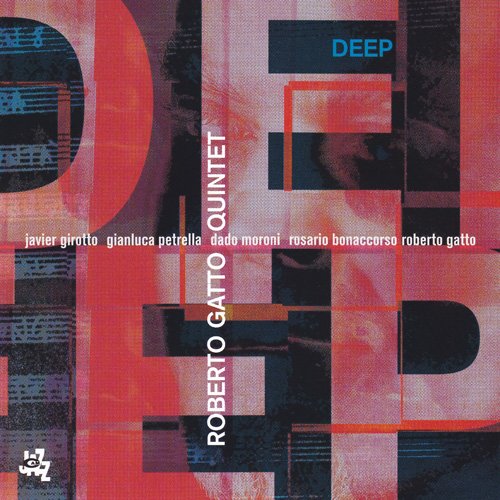

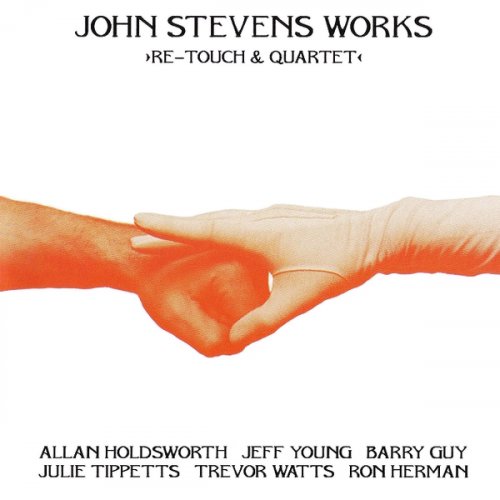
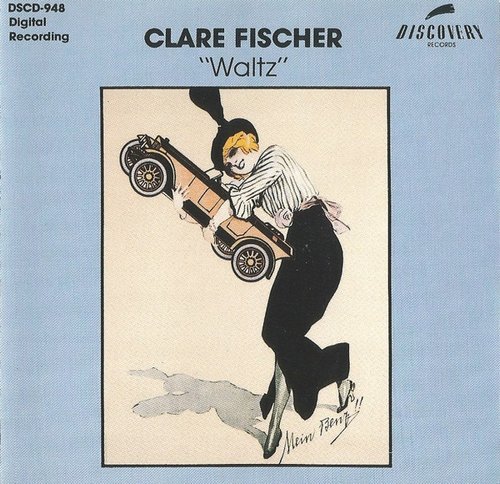
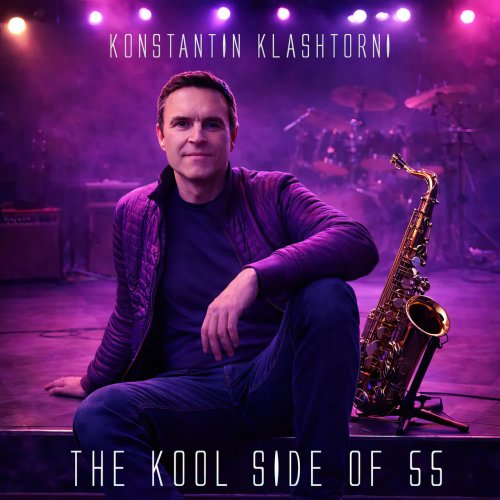
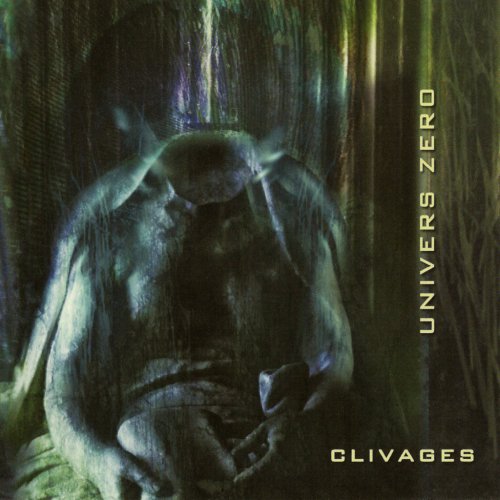
![Mona Krogstad - Serenity Now (2026) [Hi-Res] Mona Krogstad - Serenity Now (2026) [Hi-Res]](https://www.dibpic.com/uploads/posts/2026-02/1771330367_folder.jpg)
